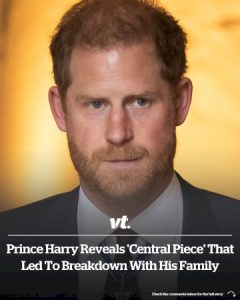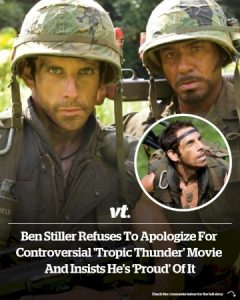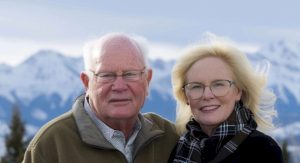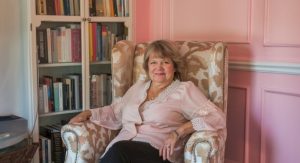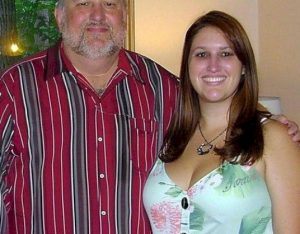
In a dramatic final day of Prince Harry’s privacy case, his lawyer faced a setback as the High Court judge blocked a last-ditch attempt to submit new evidence. The lawyer, David Sherborne, made the effort today, claiming that the evidence had recently come to light.
According to GB News’ Cameron Walker, the evidence pertained to a letter sent to the judge by one of the journalists involved in writing the articles under scrutiny in the case. Prince Harry alleges that these articles involved unlawful information gathering to write them.
The letter, as described by David Sherborne, contained direct evidence regarding the specific source of the information that the article in question had been based on. The evidence related to the interception of voice notes, supposedly carried out after 2006 and associated with the Duke of Sussex.
During the proceedings, the judge questioned the timing of presenting this evidence, considering that the defense had already wrapped up their case the previous week.
The judge emphasized the need for a clear endpoint. In response, David Sherborne argued that the evidence was highly relevant as it directly related to the key issues that the judge needed to decide. It could potentially assist in determining whether Prince Harry was a victim of unlawful information gathering.
The judge characterized this last-minute move as an “extremely optimistic application.” Andrew Green KC, representing Mirror Group Newspapers, agreed with the judge’s assessment, asserting that the evidence had been brought forward too late.
David Sherborne requested the judge to review the letter and assess its admissibility as evidence. However, Andrew Green contended that this was an attempt to introduce evidence through the “back door.”
Ultimately, the judge made a firm decision, refusing to entertain the submission any further. He considered the letter to be a communication to the court and raised concerns about issues of privilege. The judge deemed it unfair to the defendants not to allow them the opportunity to question the journalist regarding the contents of the letter. Furthermore, he highlighted that the letter had been submitted ten days after the conclusion of the evidence stage. Therefore, he declined to read the letter or admit it as evidence.

